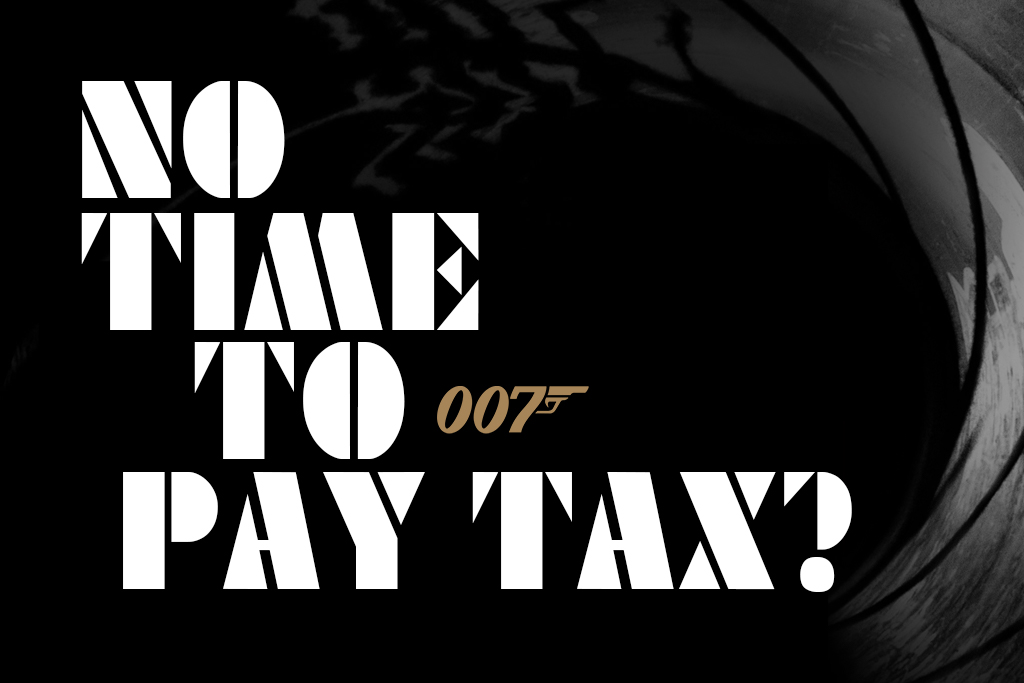
by Claire Aston | Sep 3, 2024
£2.2bn of tax relief paid to creative industry firms, half claimed by High End television productions in 2022-23. Claims up from £1.9bn the year before. Huge growth in High End television claim amounts, which have more than doubled in 3 years. Claims exceeding £2m per...

by Alex Dunnagan | May 9, 2022
Rockstar Games has revealed that they claimed £68.4m in Video Games Tax Relief (VGTR) in 2020-2021, equivalent to 38% of the entire amount of VGTR paid out that year. The amount Rockstar are claiming is rising every year, taking the total the US-owned company has...

by Alex Dunnagan | Oct 18, 2020
18th October 2020 How EON Productions, the studio behind the James Bond films, has minimised UK tax for decades whilst receiving tens of millions of pounds in subsidy from the UK tax payer Introduction The British production company behind the hugely successful James...

by Alex Dunnagan | Nov 20, 2019
20th November 2019 Swedish goats, Japanese hedgehogs and Batman: the £324 million tax bung to the ‘culturally British’ gaming industry Video Games Tax Relief (VGTR) has cost the taxpayer £324 million since it was introduced. To access funding, developers are required...

by George Turner | Nov 18, 2019
An American superhero, a Japanese hedgehog and a simulation about the life of a goat are among the video games that have been able to cash-in on a government scheme to promote ‘culturally British’ games, a new report from TaxWatch has found. Published...






